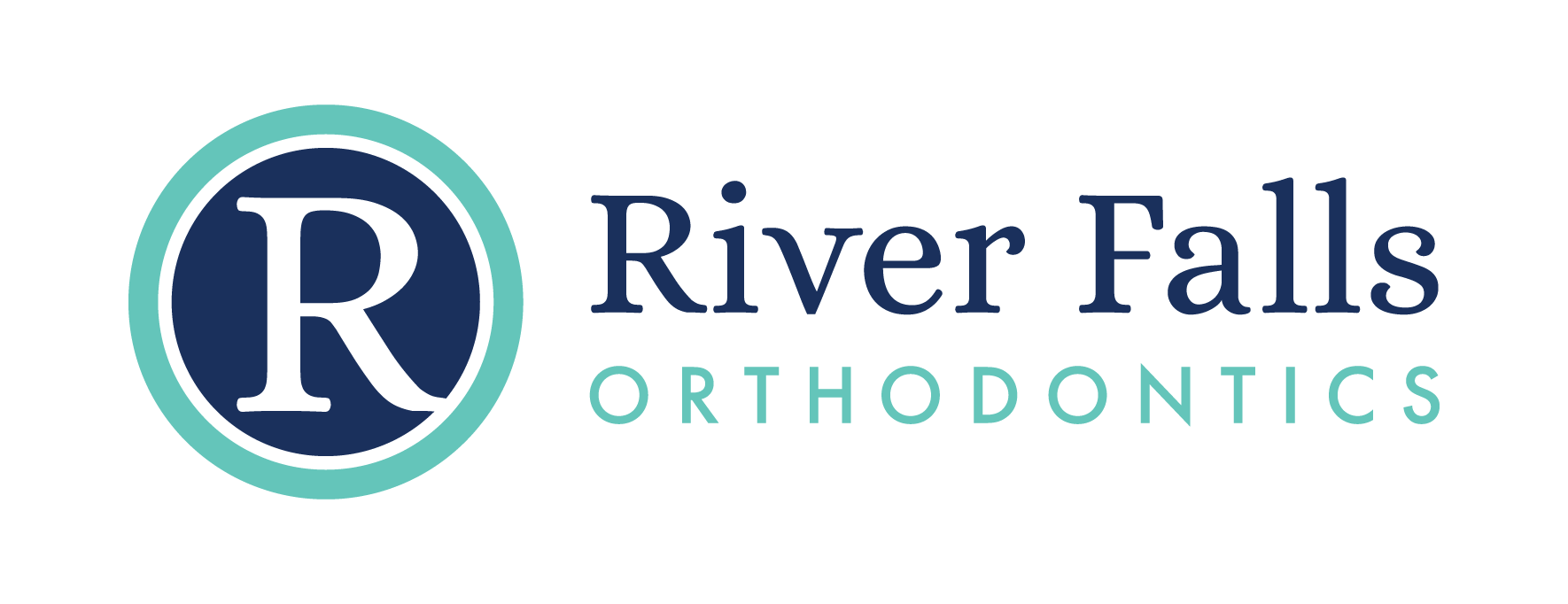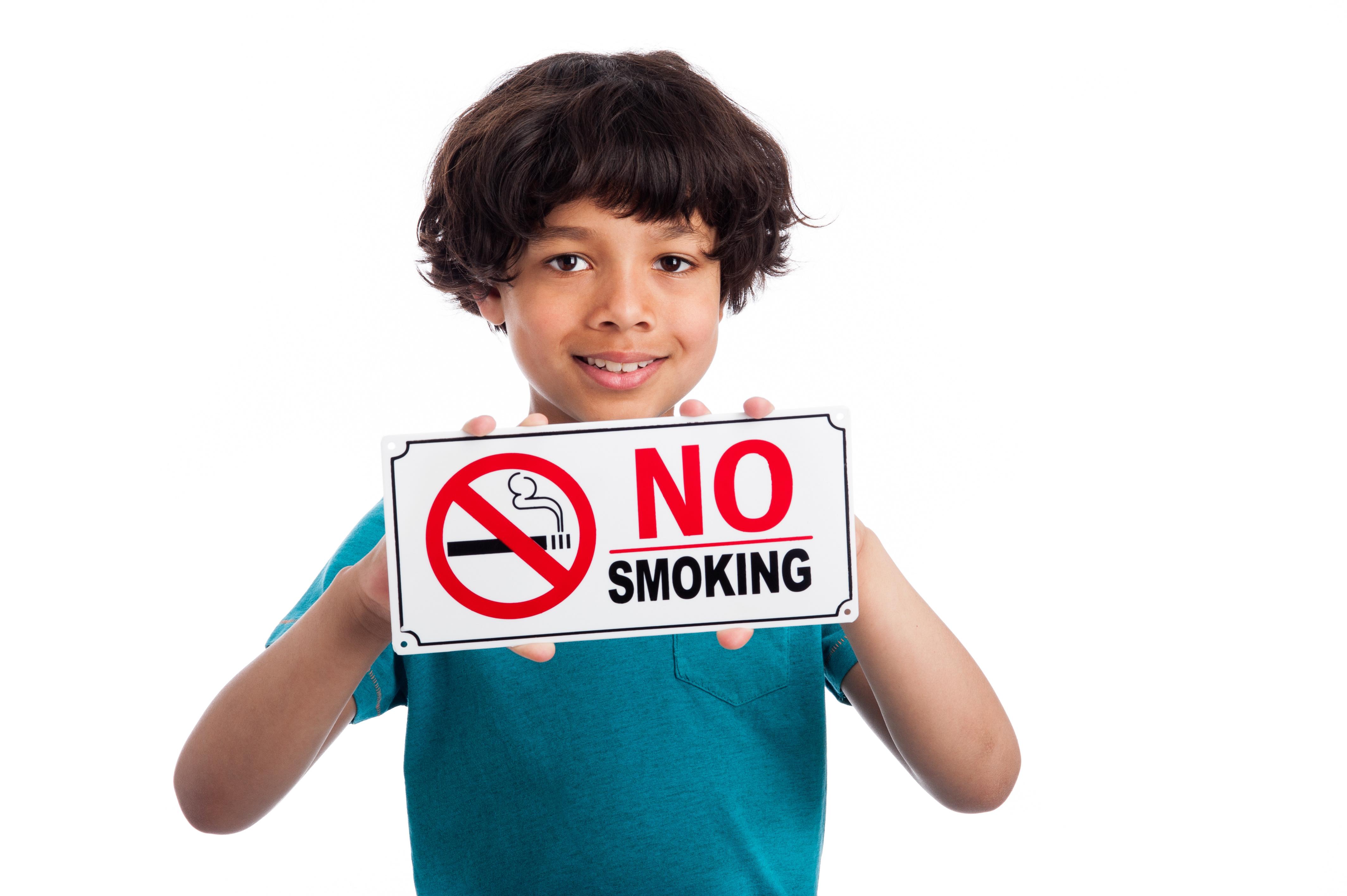TOBACCO: THE FACTS
Every year close to half a million people die of tobacco use and exposure to second- hand smoke in the U.S. Sadly, it’s the leading cause of preventable death in the country. Sadder still, thousands of kids reach for cigarettes and other tobacco products
every day.
According to the American Dental Association, tobacco and its smokeless varieties (snuff and chewing tobacco), cause:
- Bad breath
- Tooth and tongue stains
- A dull sense of taste and smell
- Receding gums
- Enamel erosion
- Tooth or jaw loss
What’s worse, tobacco use leads to gum disease and cancer.
Tobacco raises gum disease risk.
Smoking weakens your immune system, making it harder to fight off gum infections. It also makes it tougher for your gums to heal once you have gum disease. That’s because smoking affects the way the bones and soft tissue in your teeth attach.
Smoking also hampers the normal, healthy function of gum tissue and blocks blood flow to the gums. If you or your teen smokes, you need to know smoking:
- Doubles your risk of getting gum disease compared to non-smokers.
- The more you smoke and the longer you smoke, the greater the risk.
- Treatment for gum disease may not work as well on smokers.
And it’s not just cigarettes. One study shows cigar smokers experience tooth and jawbone loss as much as cigarette smokers. The same goes for pipe users.
As for snuff and chewing tobacco, they can irritate gums and cause them to pull away from teeth, exposing roots and raising the risk for tooth decay.
Smoking promotes oral cancer.
Tobacco and tobacco smoke contain chemicals that raise the risk of cancer—significantly. About 80 percent of people with oral cancers either smoke, chew tobacco or snort snuff. Oral cancers include cancer of the cheeks, gums, lips, and
throat.
It doesn’t stop there. Smoking can cause cancer all over your body including the:
- Trachea or windpipe
- Esophagus
- Lungs
- Stomach
- Pancreas
- Liver
- Kidneys
- Bladder
- Colon
- Cervix
- Bone marrow and blood
Smokers should contact their dentist immediately if they notice any changes to their teeth, gums, or in their mouths.
If you or your teen want to quit, your dentist may help by referring you to a smoking cessation specialist or support groups. They may also recommend prescriptions that help you quit smoking.
Quitting is within your reach. For your health and the health of your child, talk to your dentist and take your first steps toward a tobacco-free life.

